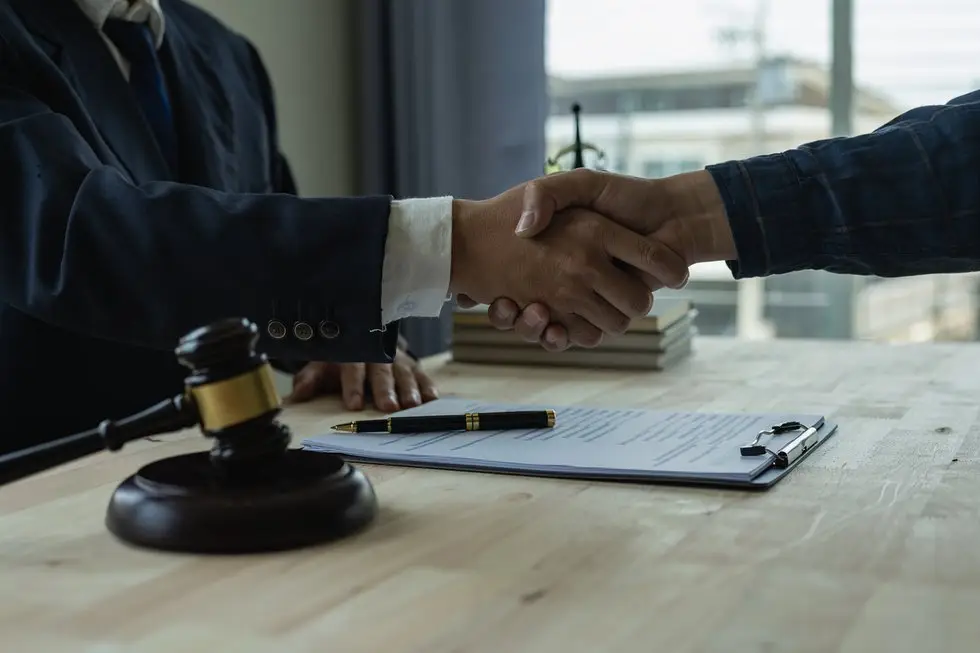What Do Property Owners Need to Know About Florida's Leasing Laws?
Understanding Florida's leasing laws is essential for property owners to maximize investments and reduce risks. Compliant lease agreements with a tenant prevent legal issues and costly penalties. At Rovira Property Management - Orlando, we prioritize staying informed about the latest legal updates to protect your investments and maintain compliance. This blog explores key aspects of Florida's leasing laws to help protect investments and ensure successful rentals.
Understanding Key Florida Leasing Laws
Understanding Florida's leasing laws is crucial for property owners to maintain compliance and safeguard investments. We explore key aspects, including security deposits, lease agreements, and tenant rights and responsibilities.
Security Deposits
In Florida, landlords must comply with legal requirements for security deposits to safeguard both parties. They must follow strict rules for collecting, storing, and returning deposits.
Landlords must inform tenants in writing about storing a deposit within 30 days of receiving it. Any deductions require written notice within 30 days of lease termination, or landlords risk penalties.
Lease Agreements
A detailed lease agreement outlines rental terms and ensures tenant and landlord comply with Florida law. Essential elements include all parties' names, rent amount and due dates, lease duration, and security deposit details.
The agreement should also cover maintenance responsibilities, pet policies, property use restrictions, and clear lease renewal or termination terms, protecting both owner and tenant.
Tenant Rights and Obligations
Florida law ensures tenants a fair, safe rental experience, including the fundamental right to a habitable environment. Properties must meet basic health and safety standards, such as functioning plumbing, heating, and structural integrity.
A tenant has the right to privacy, which means landlords must provide reasonable notice before entering the rental unit, except in emergencies.
Tenants have the right to request repairs and maintenance.
A tenant can withhold rent if the landlord fails to address significant habitability issues after being notified.
Conversely, tenants have obligations under Florida law:
Maintaining the property in a clean and sanitary condition.
Adhering to the terms set out in the lease agreement.
If a tenant believes their rights have been violated:
They must follow a specific process to address grievances, typically with written communication with the landlord.
Navigating Evictions Legally
Understanding the legal framework surrounding evictions in Florida is crucial for property owners to protect their investments and maintain good tenant relations. Here's what you need to know:
Legal Grounds for Eviction
In Florida, landlords can legally evict tenants for specific reasons. These include:
Non-payment of Rent: If a tenant fails to pay rent, the landlord can issue a three-day notice to pay or vacate.
Lease Violations: Violations such as unauthorized pets, property damage, or illegal activities can lead to tenant eviction. A seven-day notice with an opportunity to cure the violation is typically required.
End of Lease: If a tenant remains after the lease term without renewal, the landlord can proceed with eviction.
No Cure: For serious lease violations that cannot be remedied, landlords can issue a seven-day unconditional quit notice to a tenant.
Eviction Process
The tenant eviction process in Florida involves several key steps:
Notice to Tenant: Depending on the reason, provide the tenant with the appropriate notice (e.g., three-day notice for non-payment).
Filing a Complaint: If the tenant does not comply, file an eviction complaint with the local court.
Summons Issued: The court issues a summons, which is served to the tenant.
Tenant's Response: The tenant has five days to respond. If they contest, a hearing is scheduled.
Court Hearing: If the tenant contests, both parties present their case.
Judgment: If the court rules in the landlord's favor, a possession judgment is granted.
Writ of Possession: The landlord can request a writ of possession, allowing the sheriff to remove the tenant if necessary.
Avoiding Common Pitfalls
To ensure a smooth eviction process, landlords should consider the following tips:
Documentation: Keep detailed records of all communications and transactions with tenants.
Legal Compliance: Ensure all notices and procedures comply with Florida's legal requirements.
Professional Advice: Seek guidance from a property management specialist or legal professional to handle intricate tenant situations.
Clear Lease Agreements: Draft clear and comprehensive lease agreements to prevent misunderstandings with a tenant.
Staying Updated with Legal Changes
In the dynamic landscape of property management, staying updated on legal changes is vital. Florida's leasing laws frequently change, affecting rental property management and profitability. Continuous education ensures compliance and safeguards your investment.
Continuous Education
Staying updated on leasing law changes is crucial for legal compliance, tenant relations, and property reputation. Informed owners adapt to regulations and implement best management practices effectively.
Regularly updating your knowledge of leasing laws enhances understanding of tenant rights, lease agreements, eviction procedures, and key property management aspects, reducing legal disputes and improving rental property management efficiency.
Resolving Lease Disputes: A Guide to Mediation, Arbitration, and Legal Solutions for Orlando Landlords
Lease disputes can be challenging in property management, but understanding the available resolution methods can help Orlando property owners navigate these issues effectively.
Whether you're dealing with disagreements over lease terms, maintenance responsibilities, or rent payments, it's crucial to approach these tenant disputes with a clear strategy. A clear strategy in place will help protect your investment and ensure a smooth property management experience with a tenant through mediation, arbitration, or legal action.
Final Thoughts
Following Florida's leasing laws is vital for effective property management. Complying with these rules safeguards your investment and enhances tenant relations. At Rovira Property Management - Orlando, we are committed to guiding property owners through these complexities with ease.
Our expertise ensures that your properties are managed in compliance with state laws, providing peace of mind and maximizing your investment's potential. Reach out to us for expert advice and support in navigating Florida's leasing landscape.


